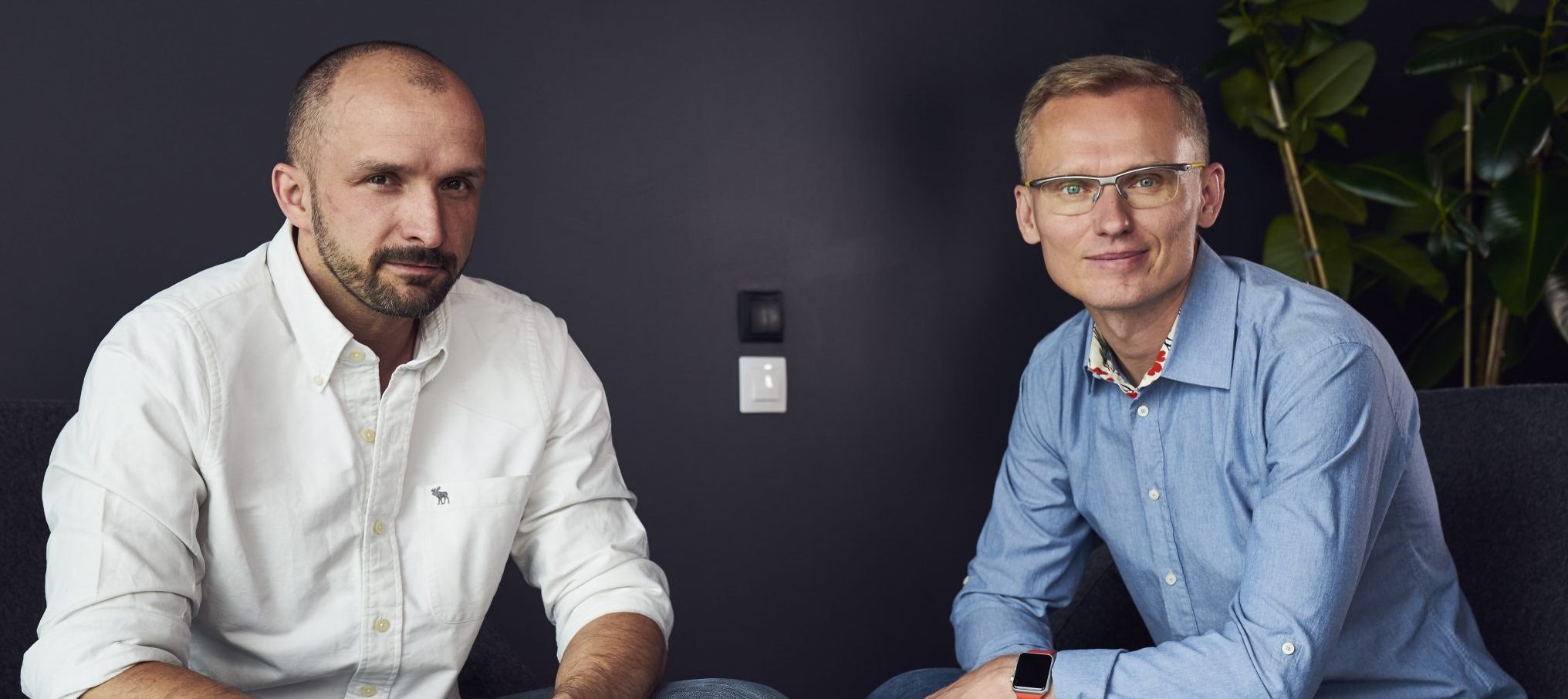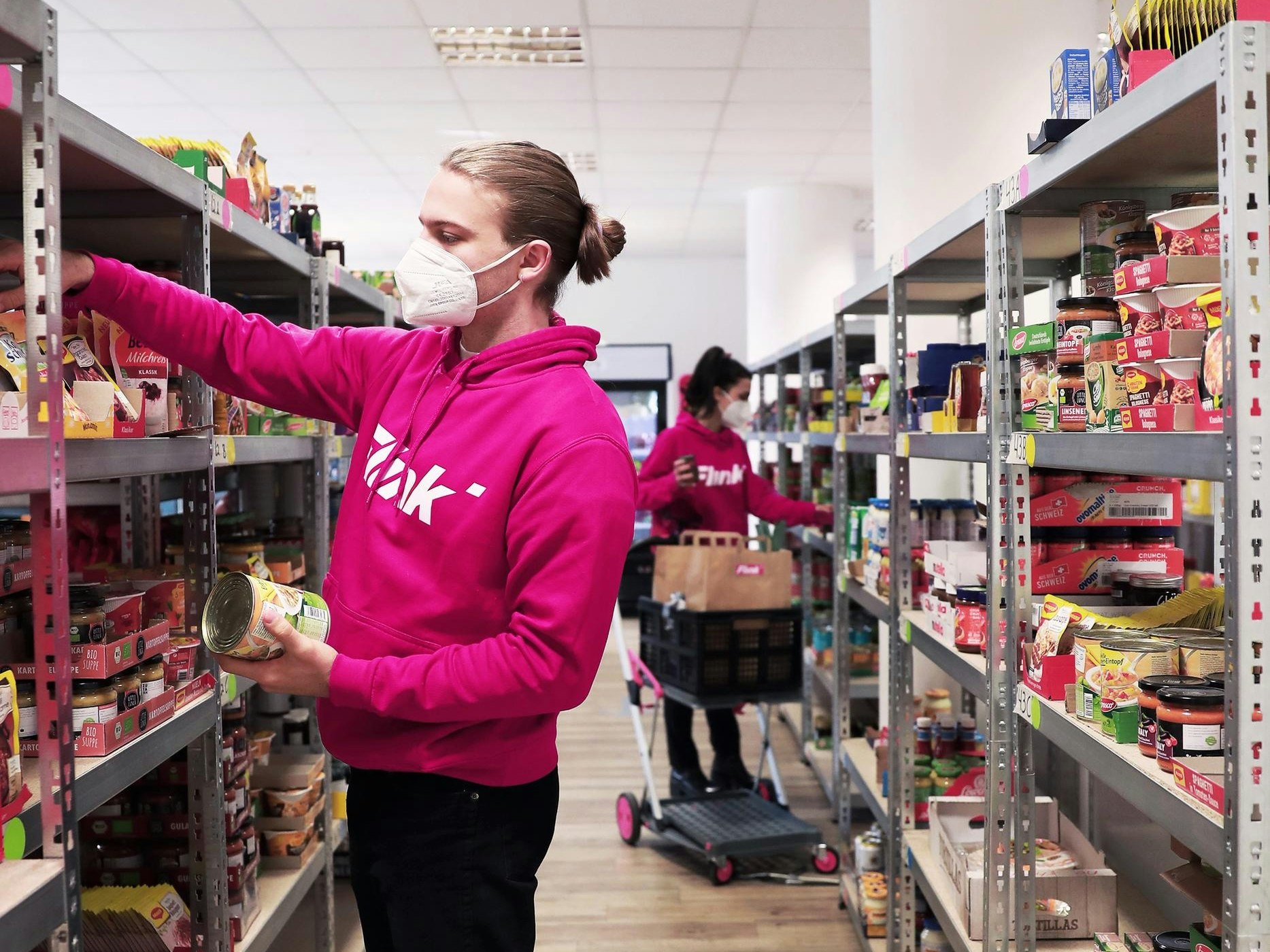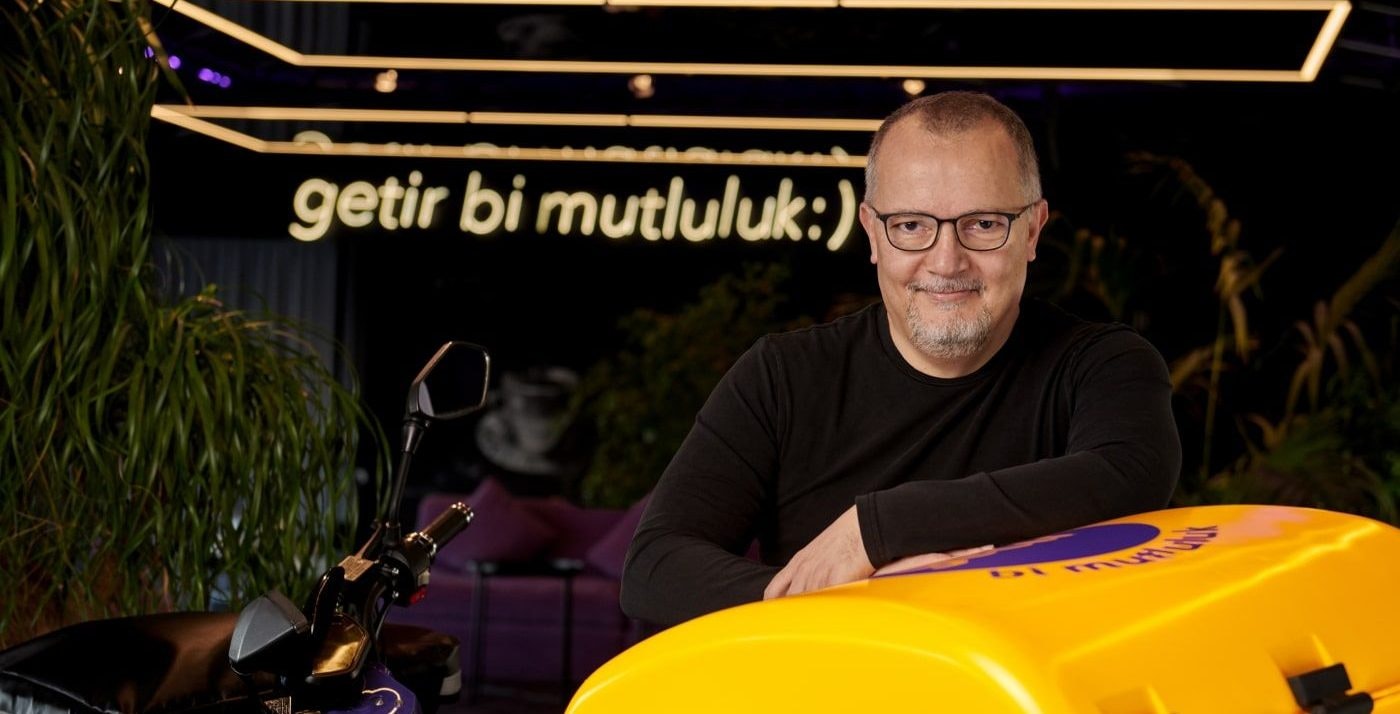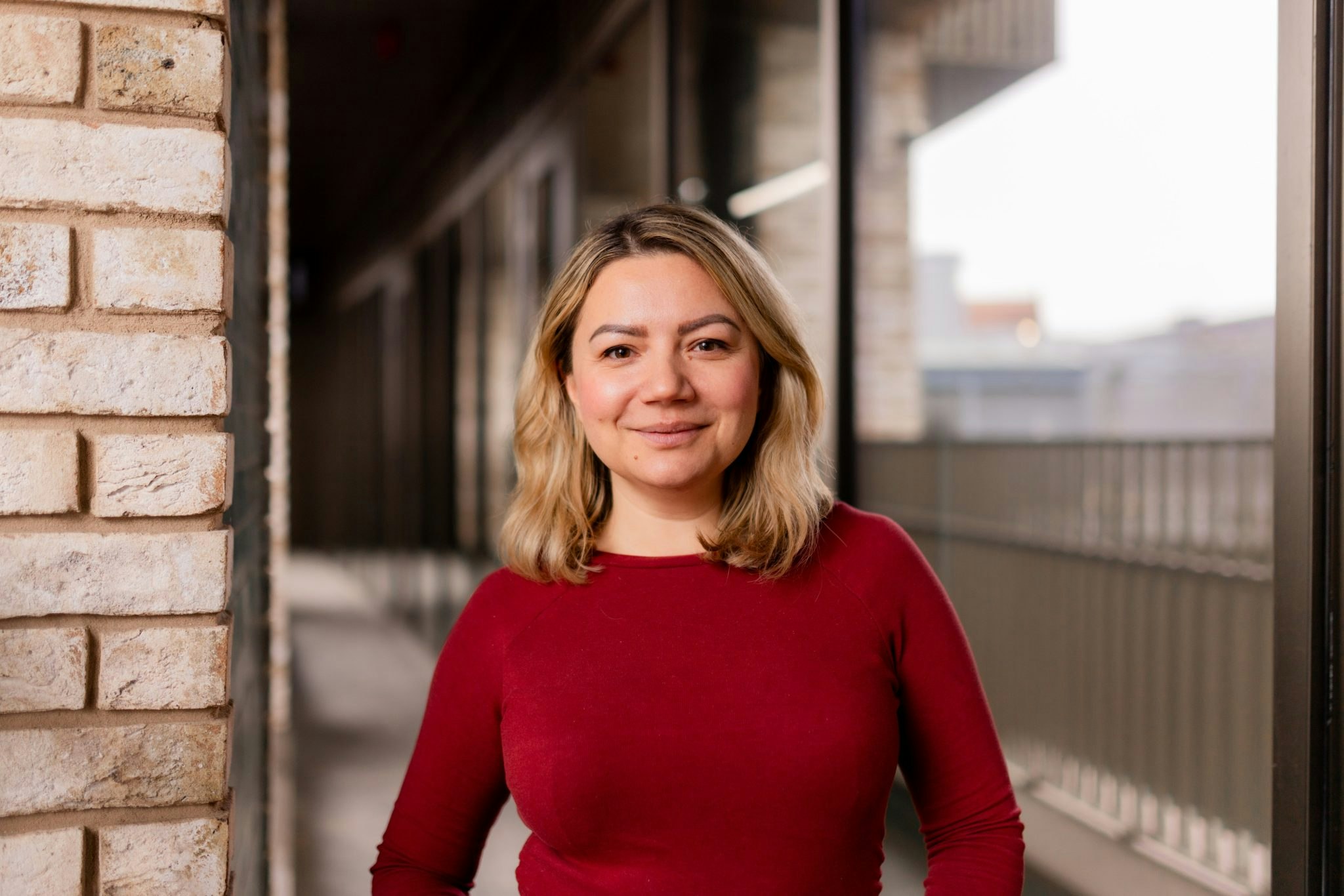As cofounder of beauty booking app Booksy, Stefan Batory learned about the importance of global expansion the hard way.
His first venture, iTaxi, a ride-hailing app, might have been successful in Poland, but had little chance to compete with Uber and the startup that would become Freenow when they entered the Polish market.
When it came to Booksy, Batory tells Sifted he and his cofounder Konrad Howard were not going to make the same mistake.
“On Day Zero, we already knew that we wanted to make a global company. We wanted to be an Uber, not an iTaxi,” he says.
Fittingly, Booksy’s first client, in 2014, was in the US rather than Poland.
It has been a bumpy ride since. Booksy has raised a total of $162m, according to Dealroom, including a $70m Series C, one of Poland’s highest financing rounds. Then came the catastrophe of Covid, which devastated the beauty industry. In 2022, Booksy laid off almost 40% of its staff.
But Batory’s American dream isn’t over yet. Today, the US makes up almost half of its global business. It has more users in America than all of its competitors put together. In November, Inovia Capital — the backer of companies such as Lightspeed and Hopper — took a stake in Booksy. The Canadian fund is deeply rooted in the US ecosystem — one of its partners is Patrick Pichette, Google’s ex-chief financial officer.
And, most importantly, Booksy is now profitable — and growing.
American dream?
Starting out as a mobile-first beauty sector fulfilment platform, Booksy enables users to search and book appointments at hairdressers, beauticians, stylists and barbers, while also allowing businesses to manage their registries.
It now employs around 700 people, with about 100 in each of its five local markets (US, Poland, the UK, France and Spain), and around 200 in the global team located mostly in Warsaw.
In its early years, Booksy’s growth in Poland and the US was in tandem, but the latter was always Batory’s primary focus.
“The US has always been in first place for us and for the investors,” he says.
Before raising his seed round, he had the choice to spend his meagre available cash on marketing either in Poland or the US, and he chose the latter, partnering with an American Instagram account, barbershopconnect.
“It was a gamble, we knew that if this succeeds, we’ll raise a round, if it doesn’t then we’ll have to close the business,” he says.
“And it worked.”
Many central European founders move their operations and headquarters to the US early on, but often struggle to build a client base and team, and raise money from foreign investors.
Booksy was no exception. Batory himself moved to California and relocated the company’s headquarters stateside but, he recalls, the progress in growth for many years was “hard, bad and ineffective.”
But he didn’t give up. “Numbers don’t show the whole story,” he says. He was convinced that even acquiring two clients in one month could be a gamechanger for the business.
One challenge was the differences between the markets in America and Europe. In the US, the beauty market is more fragmented and there are many more independent contractors than in Europe.
The demographics also vary. People tend to use completely different services and outlets in the beauty sector based on their ethnicity, he says. “It influences a go-to-market market, and it also influences unit economics,” he adds.
Batory also found it hard to convince American investors to back his startup.
They liked the product, but they were less sure about its founders, who were not Stanford grads, didn’t know anyone and had never worked at Google.
“It was a bigger risk to back a founder [like me],” Batory says.
From SaaS to a marketplace
Initially, Batory tried different sales approaches in Poland and in the US. In Poland, he hired field salesmen, who went from one hairdresser to another selling the product. In the US, marketing and sales were exclusively digital.
But after a couple of years, it turned out that even if direct sales were more challenging and more expensive, they were bringing in much better results.
“It was difficult to scale and problematic [but] after three years [it] turned into an advantage,” he says.
So Booksy decided to try it out in the US, too. Batory picked three cities where they already had a presence — Orlando and Tampa in Florida and San Antonio in Texas — and began there. But the first two years were not a huge success, and then the Covid pandemic hit. Batory was forced to lay off 70% of his staff worldwide and temporarily pivot into new services — such as offering online appointments — in order to get through the pandemic.
At the beginning of 2021, Booksy raised a $70m Series C and immediately relaunched the direct sales model that had worked so well in the Polish market in a dozen US cities, including New York, Washington, Boston and Las Vegas.

The path towards profitability
It was expensive, and at the beginning of 2022, Booksy needed to raise again. But given the fundraising environment, Batory opted to pursue profitability instead. He laid off nearly 40% of Booksy’s staff, postponed several strategic projects and cancelled the expensive field sales model altogether.
“Today, 12 months later, I can say that it was a very good decision,” he says.
“It turned out the flywheel was strong enough that we’re still growing in the US.”
The company is now profitable and is continuing to grow in its five markets, including the US. Batory is confident that the Inovia partnership will only improve this trajectory.
“I’ve been building a relationship with investors. I’ve been showing them where we’re going, what we're building, what our plans are. And as they see that we deliver, it builds trust,” he says.
When it comes to next steps, and the prospects of, for example, a public listing, Batory says it’s on the cards in several years’ time but he’s not getting carried away.
“It won’t sound very inspiring,” he says about his plans for the nearest future. “We’re the biggest and the fastest growing marketplace on our market… We’re running a marathon and we’re on the fifth kilometre. We don’t want to lose the leadership position. We want to win this race.”



